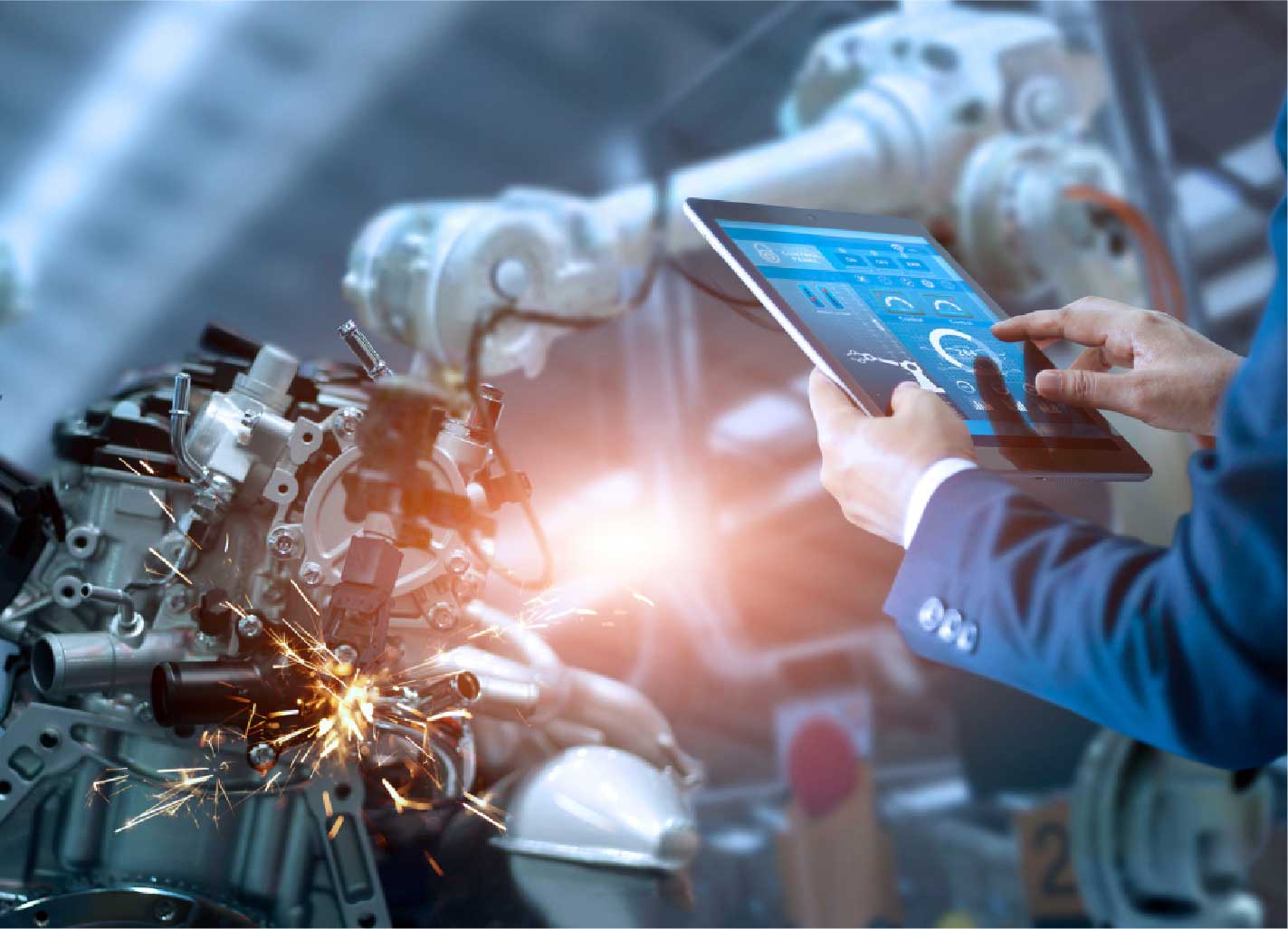Ph.D. in Mechanical and Mechatronic Engineering: Introduction, Admission, Registration, Eligibility, Duration, Fees, Syllabus 2024

Introduction:
The Department of Mechanical and Mechatronic Engineering stands at the forefront of innovation, blending traditional mechanical principles with cutting-edge mechatronics technology. A Ph.D. in this field offers a pathway to pushing the boundaries of engineering and shaping the future of automation, robotics, and advanced manufacturing.
Admission Process:
- Application Submission: Candidates submit comprehensive applications, including academic transcripts, research proposals, and letters of recommendation.
- Interview: Shortlisted applicants undergo interviews to assess their research interests, academic background, and alignment with program objectives.
- Research Proposal: Applicants are required to submit a detailed research proposal outlining their intended area of study and research objectives.
- Faculty Match: Identifying potential supervisors whose research aligns with the candidate's interests is crucial for successful admission.
- Admission Decision: Successful candidates receive offers of admission based on the evaluation of their application materials and interview performance.
Eligibility:
- Educational Background: Applicants should hold a master's degree in mechanical engineering, mechatronics, robotics, or a related field from a recognized institution.
- Research Experience: Previous research experience, demonstrated through publications or presentations, is highly valued.
- Academic Excellence: A strong academic record, typically evidenced by a high GPA, is essential for admission.
- Programming Skills: Proficiency in programming languages such as MATLAB, Python, or C++ is advantageous for conducting mechatronics research.
- English Language Proficiency: Non-native English speakers must demonstrate proficiency through tests like IELTS or TOEFL.
- Interview Performance: The interview serves as a crucial component in the selection process, evaluating the candidate's research aptitude and fit for the program.
Completion Time:
The completion time for a Ph.D. in Mechanical and Mechatronic Engineering typically ranges from three to five years. This duration includes coursework, research, experimentation, and dissertation writing. However, completion time may vary based on research progress and individual circumstances.
Career Opportunities:
- Academia: Faculty positions at universities, colleges, or research institutions, involving teaching, research, and mentorship in mechanical and mechatronic engineering.
- Research Institutions: Opportunities to lead research projects, collaborate with industry partners, and contribute to technological advancements in robotics, automation, and advanced manufacturing.
- Industry: Employment in manufacturing companies, robotics firms, automotive industries, or aerospace companies, focusing on product development, design, and optimization.
- Consulting: Roles in engineering consultancy firms, providing expertise in mechatronics, robotics, and automation solutions for diverse industries.
- Entrepreneurship: Opportunities to launch startups or tech companies specializing in robotics, automation, or mechatronic systems, driving innovation and commercialization of engineering solutions.
Syllabus:
- Advanced Mechanics: In-depth study of mechanics principles, including solid mechanics, fluid mechanics, and dynamics, with applications in mechanical systems and structures.
- Control Systems: Analysis and design of control systems for mechatronic applications, including PID control, state-space methods, and optimal control techniques.
- Robotics: Fundamentals of robotics, including robot kinematics, dynamics, motion planning, and sensor integration, with hands-on experience in robot programming and control.
- Mechatronic Systems Design: Integration of mechanical, electrical, and computer systems in the design of mechatronic systems, emphasizing interdisciplinary approaches and system optimization.
- Advanced Manufacturing Technologies: Exploration of additive manufacturing, CNC machining, and digital manufacturing processes, with a focus on improving efficiency and quality in production systems.
Internship Opportunities:
- Engineering Companies: Internships with engineering firms specializing in robotics, automation, or advanced manufacturing, gaining practical experience in design, testing, and implementation of engineering solutions.
- Research Laboratories: Interning at research institutions or laboratories working on mechatronics, robotics, or automation projects, assisting in experimental setups, data collection, and analysis.
- Tech Startups: Internships with startup companies developing innovative mechatronic products or automation solutions, contributing to product development, prototyping, and market research.
- Manufacturing Facilities: Interning at manufacturing plants or production facilities to gain insights into industrial automation, process optimization, and quality control methods.
- Academic Collaborations: Collaborative internships with academic institutions or research consortia working on interdisciplinary engineering projects, fostering cross-disciplinary learning and collaboration.
Scholarships and Grants:
- Institutional Funding: Departments or universities may offer scholarships, fellowships, or assistantships to support Ph.D. students, covering tuition fees and living expenses.
- Research Grants: Securing funding from government agencies, industry sponsors, or research foundations to support research projects, experimentation, and dissertation writing.
- Travel Grants: Financial support for conference attendance, research presentations, or networking events, enabling students to disseminate their findings and build professional connections.
- Industry Sponsorships: Sponsorships from engineering companies or tech firms to support Ph.D. research projects aligned with industry needs or technological advancements.
- Endowed Fellowships: Prestigious fellowships established by donors or alumni to support outstanding Ph.D. students in mechanical and mechatronic engineering research.
FAQs:
What is the difference between mechanical engineering and mechatronic engineering?
Mechanical engineering focuses on the design, analysis, and optimization of mechanical systems, while mechatronic engineering integrates mechanical, electrical, and computer engineering for the design and control of smart systems.
What programming languages are essential for mechatronic engineering research?
Proficiency in MATLAB, Python, and C++ is commonly required for conducting mechatronic engineering research, including data analysis, modeling, and control algorithm development.
What are the prospects for employment after completing a Ph.D. in mechanical and mechatronic engineering?
Ph.D. graduates in mechanical and mechatronic engineering are in demand for roles in academia, research institutions, industry, consulting, and entrepreneurship, with opportunities for leadership positions and technological innovation.
Can I pursue a Ph.D. in this department with a background in a different engineering field?
Yes, candidates with backgrounds in other engineering disciplines such as electrical engineering, computer engineering, or aerospace engineering may be considered for admission, especially if their research interests align with mechatronic engineering.
What types of research projects can I pursue during the Ph.D. program?
Research projects in mechanical and mechatronic engineering cover a wide range of topics, including robotics, automation, advanced materials, renewable energy systems, and biomedical engineering applications.





